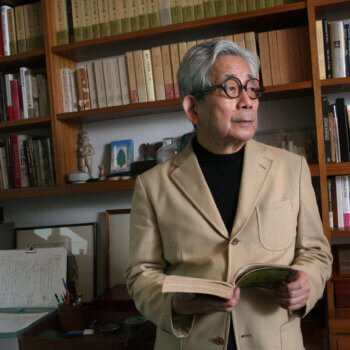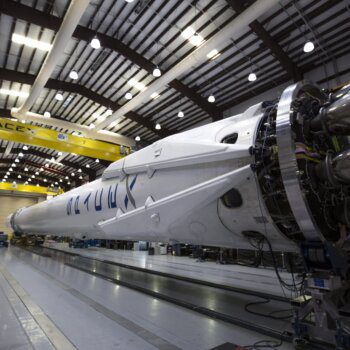A timely article in Fast Company, “ACs are bulky, loud, and terrible for the environment. Is there a better version in our future?”, discusses the problems posed by air conditioning, a key technology responsible for increasing productivity in many areas and absolutely essential for human survival in a future characterized by increasingly frequent and intense heat waves, but which is hugely inefficient in terms of energy consumption. In fact, in some heat waves, the problem ends up being the excessive drain on the grid caused by too many cooling units, sometimes cutting electricity supplies to areas where temperatures are too high for humans to withstand.
The International Energy Agency estimates that over the next three decades, the number of air conditioning units installed worldwide will triple to about six billion, producing the following paradox: the more coolers, the more greenhouse gas emissions given the insufficient decarbonization of electric power generation in most countries, creating a vicious circle. In some places, such as cities, this also creates heat islands that can contribute to even higher temperatures. It is estimated that air conditioning systems, although concentrated in a small number of countries, consume around 10% of the world’s electricity, and over the next three decades will generate more than 132 gigatons of carbon dioxide. Many of them, especially the older units, still use HFC gases, whose impact on climate change is much worse than carbon dioxide.
One creative solution, described in a paper in Nature Communications, is to hack air conditioning units so they can absorb carbon dioxide from the atmosphere, generating a byproduct fuel called crowd oil, which can be used to power difficult-to-electrify transportation. Another idea on the drawing board is to redesign air conditioning units to make them much more efficient, something that is being worked on systematically in India where regular competitions are held to find new solutions; Delhi anticipates that each year the country will see around 20 days a year with a combination of potentially deadly heat and humidity.
A further four billion air conditioning units will be sold over the next few decades, our only defense against increasingly extreme heat waves. That said, the technology to make these units is increasingly efficient, so it is vital for wealthy countries to opt for the latest generation of devices that do not use harmful gases and use less energy, especially bearing in mind that it will mainly be low-income countries buying these units.
Once again, we face one of the challenges of modern times: our activities have triggered a series of vicious circles we can’t control. Let’s see if we can rise to the challenge.





























